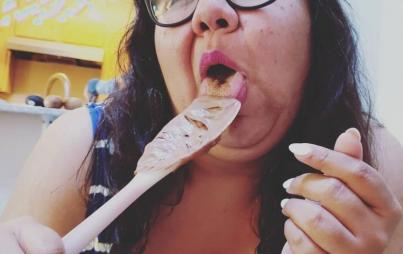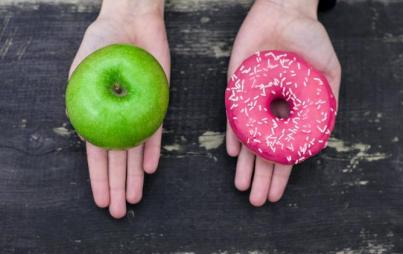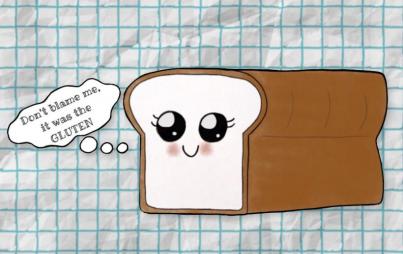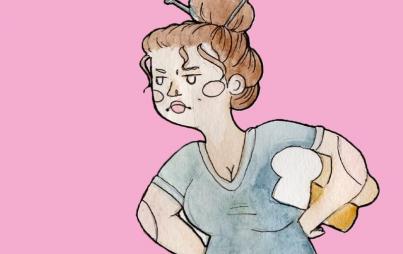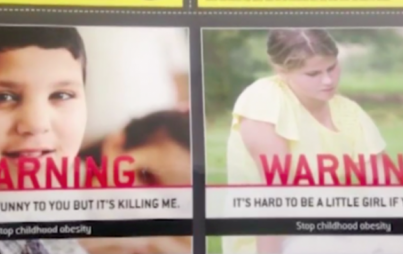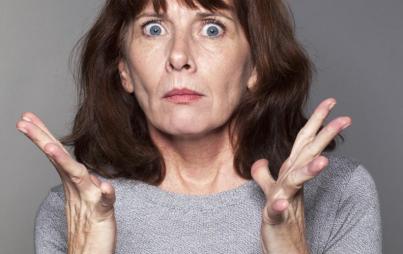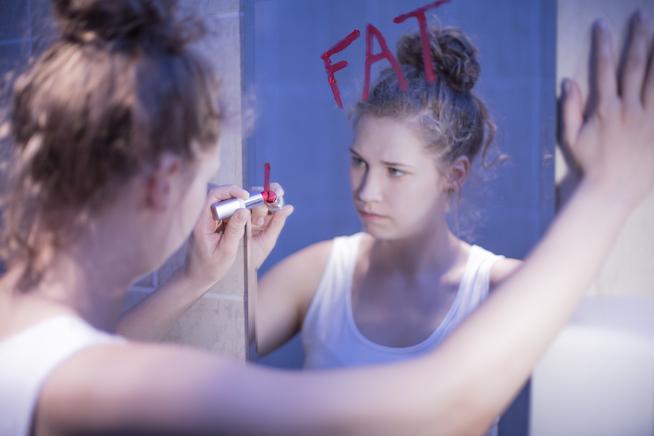
Enhance, don't control, your life with eating.
I was a self-proclaimed food addict. I was a life-long binge eater. I'd been on every diet under the sun, and I saw everything through the lens of food and weight.
I'm an anti-diet teacher. I teach chronic, obsessed dieters how to eat normally, trust their bodies, and fully commit to living their lives now, not 30 pounds from now.
So you would think that intuitive eating would be right up my alley.
And to be fair, conceptually, it is. Allowing ourselves to eat based on impulse and desire, and trusting our bodies to stop eating based on impulse and desire (and not "portions") is the way to go. That's how we were created to eat in times of plenty. That's real intuitive eating.
But that is not how intuitive eating is most often taught and interpreted.
Most often, intuitive eating is taught as another method to try and control or lose weight. And suddenly, with that spin, intuitive eating isn't intuitive anymore. It's now a diet, disguised as body trust. It's just another manifestation of our fear of weight gain.
If I eat this really, really slowly, hopefully I won't eat too much...If I listen really, really closely, hopefully I'll eat the perfect thing and lose weight.
What is it with us and wanting to make sure we never eat a lot? We have this collective belief that eating a lot is inherently unhealthy, which it's not. Mainstream intuitive eating makes it seem like the ultimate goal of eating is to listen closely so we don't eat a lot. So we stay really thin.
That is inherently not intuitive. But it stems from our belief that being thin is the only healthy and acceptable way to exist, and it is the crux of why intuitive eating can be so hard for people.
Before I became the anti-diet teacher I am now, I was completely obsessed with food, dieting, and weight. I was a self-proclaimed food addict. I was a life-long binge eater. I'd been on every diet under the sun, and I saw everything through the lens of food and weight. My mind was dominated by whether I thought I was being "good" or "bad," whether I was gaining weight or losing weight, and all the things it meant if I was gaining weight.
It was miserable and completely unhealthy. But for a long time I was able to tell myself I was being “healthy.” I cared about how I ate. That’s healthy, right?
Then I found intuitive eating.
"Yesssssss, this is it! I just need to listen to my body really, really, really closely, and make sure I eat the perfect amount, and I'll lose weight!”
Here is the thing. I did lose weight, temporarily. Because I turned it into a pseudo-restrictive diet disguised as intuitive eating. I was eating six bites of tuna salad and two and a half bites of a brownie and freaking out over whether I was actually a 5 or a 6 on the hunger scale. And then getting hungry 45 minutes later. (Of course.)
No matter what I told myself, I did not trust my body. I did not trust myself to eat, to let go, or to crave the "right things." I was so terrified to eat a lot. I was so petrified to gain weight. I was not truly allowing my appetite, because I believed that eating a lot was inherently bad.
And I was just as obsessed and miserable as before.
This phenomenon is extremely common with dieters who are trying intuitive eating. Even if they want to let go and trust their bodies, they are still bringing all their fear and weight bias into this new attempt at eating "correctly."
So what's the answer? Examine your relationship to your weight. Ask yourself, 'How much of what I do is an attempt to control or lower my weight?'
And once you start paying attention to that, be kind to yourself. We were taught to see our weights as one of the most important things in our lives. We were taught to equate our weight with our worth. But the more you can let go of that, the better your eating will be, and the better your life will be.
Real intuitive eating happens when we can trust and allow our appetites. Real intuitive eating is trusting our bodies to fall at the right weight for us (wherever that may be). It's eating in a way that enhances our lives, emotionally and physically.


